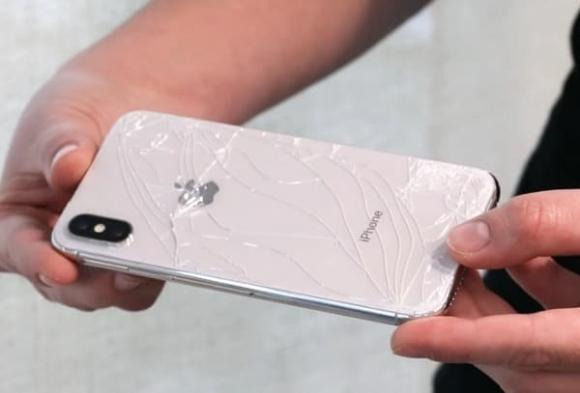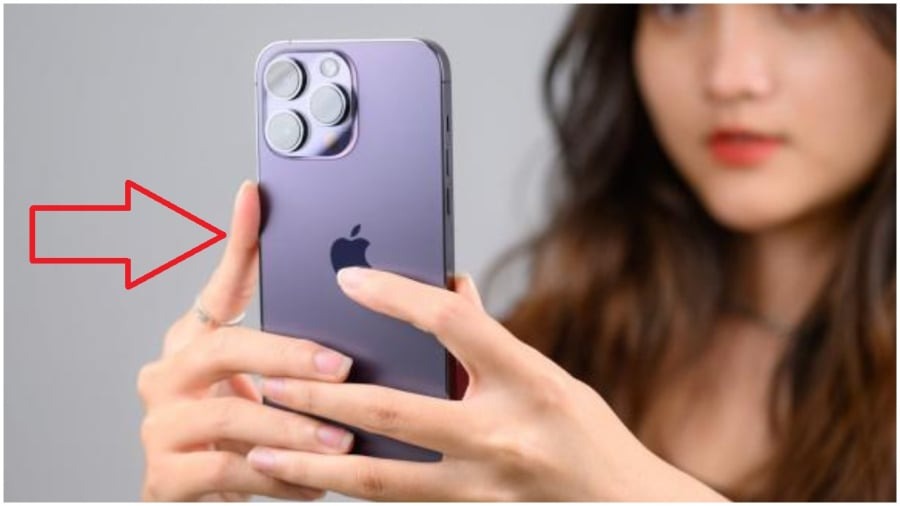The Benefits of Going Caseless: Why Foreigners Opt for a Naked Phone
Convenience and Comfort
Most foreigners prefer going caseless as it makes their phones more pocket-friendly and comfortable to use. Freedom and comfort are essential to them. Even without a case, the phone’s sturdy design ensures user safety.
Trust in Manufacturers’ Design
Phone manufacturers prioritize protecting the exterior from scratches and dust and minimizing the impact of collisions. They also value the aesthetic appeal of the phone’s direct design.
Each mobile phone is a testament to the relentless efforts of its designers. Adding a phone case is like placing a bulky frame on a beautiful painting, diminishing its original beauty.

Mobile phones are a result of designers’ tireless efforts.
Improved Battery Life
Phone cases enclose the device, causing it to heat up faster and consume more power. That’s why foreigners dislike them. They prefer the original design, which saves battery life and offers a more elegant look. Cases also make phones bulkier and heavier, reducing convenience.
Aesthetics Matter
Many people appreciate the natural beauty of phone designs. Whether it’s Apple’s iPhone or Samsung’s Galaxy, each mobile phone is a product of designers’ unwavering dedication. Adding a case is like putting a bulky frame on a beautiful painting, taking away from its natural beauty.
Smartphone manufacturers invest millions in R&D to create optimally designed products. They strive to ensure user satisfaction when launching new devices.

Natural beauty of phone designs is valued by many.
There’s no reason to hide a sleek and stylish smartphone you spent a fortune on. With its significant value, confidently flaunt it instead of concealing it under a dull cover out of scratch fears.
Cases Hinder Heat Dissipation
Today’s smartphones are equipped with powerful chips and excellent multitasking capabilities. During operation, they generate significant heat. Cases can trap this heat, damaging the device and causing discomfort during use.
This issue worsens with multi-material or thick cases. Prolonged exposure to external heat sources, such as sunlight, lamps, or other heat sources, can frequently overheat the phone, damaging the battery.
Going caseless improves heat dissipation, providing a cooler grip. It also keeps the device lightweight and easier to use.
Inconvenience with Wireless Charging
While modern smartphones support wireless charging, cases can make this process inconvenient. Although some wireless chargers work through cases, charging takes longer and is less efficient.
Many find that caseless phones are more pocket-friendly and comfortable to use. The shell structure and frame design of some mobile phones are indeed better suited for caseless use.
However, this doesn’t mean that all foreigners forgo phone cases. It’s more about personal habits and preferences than a fixed cultural trend.
































